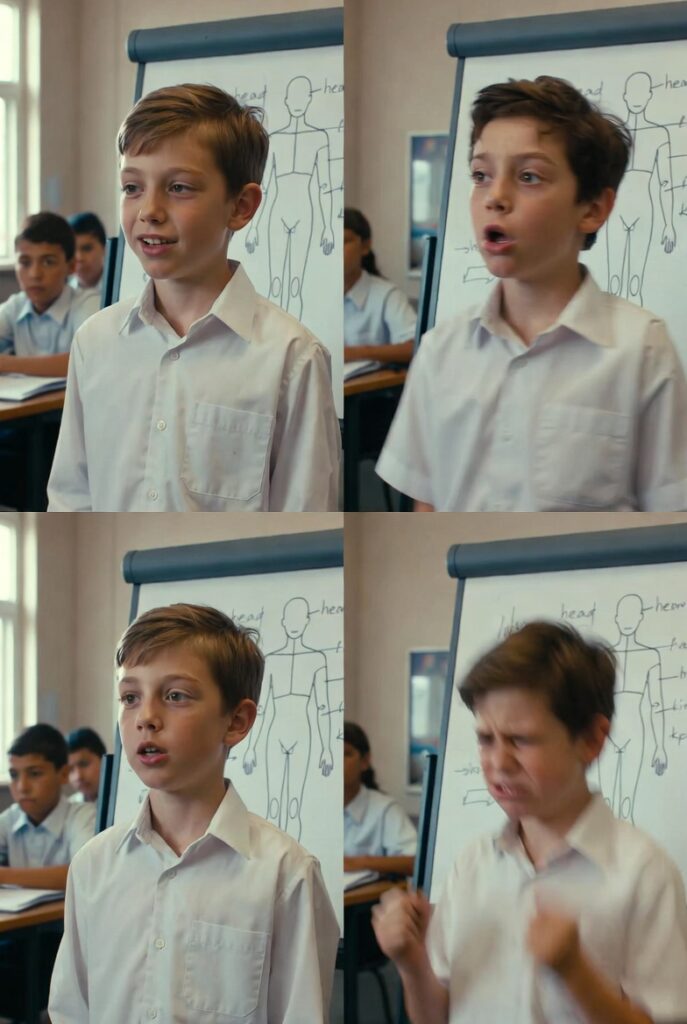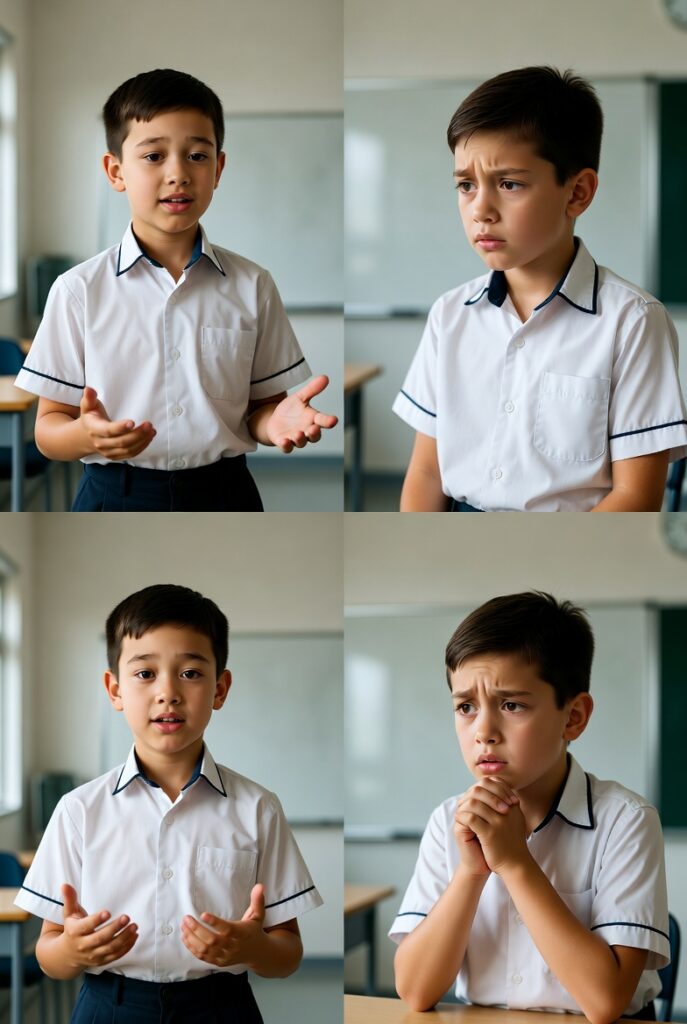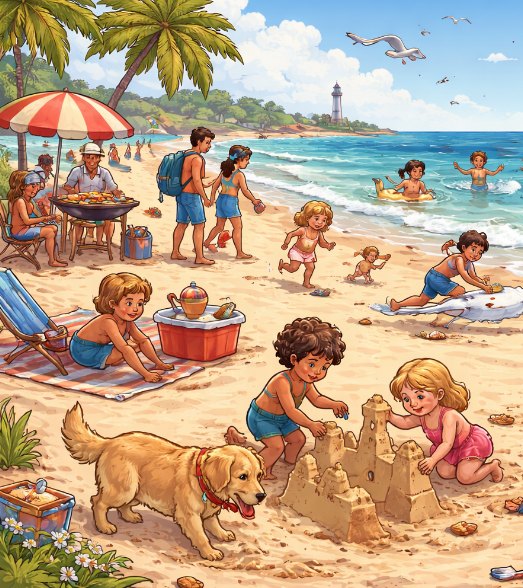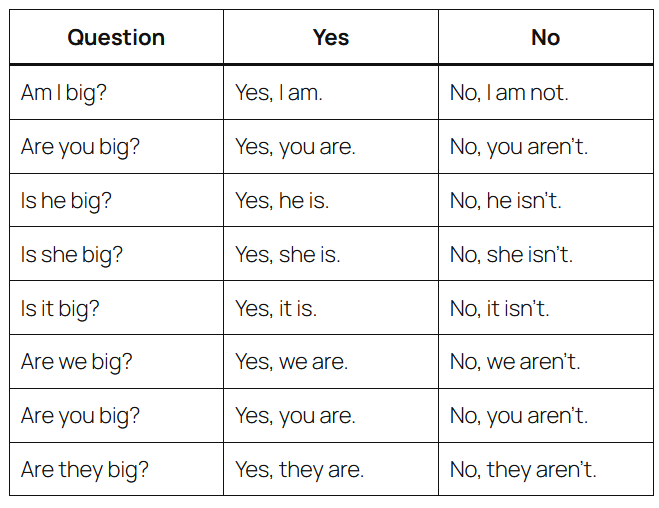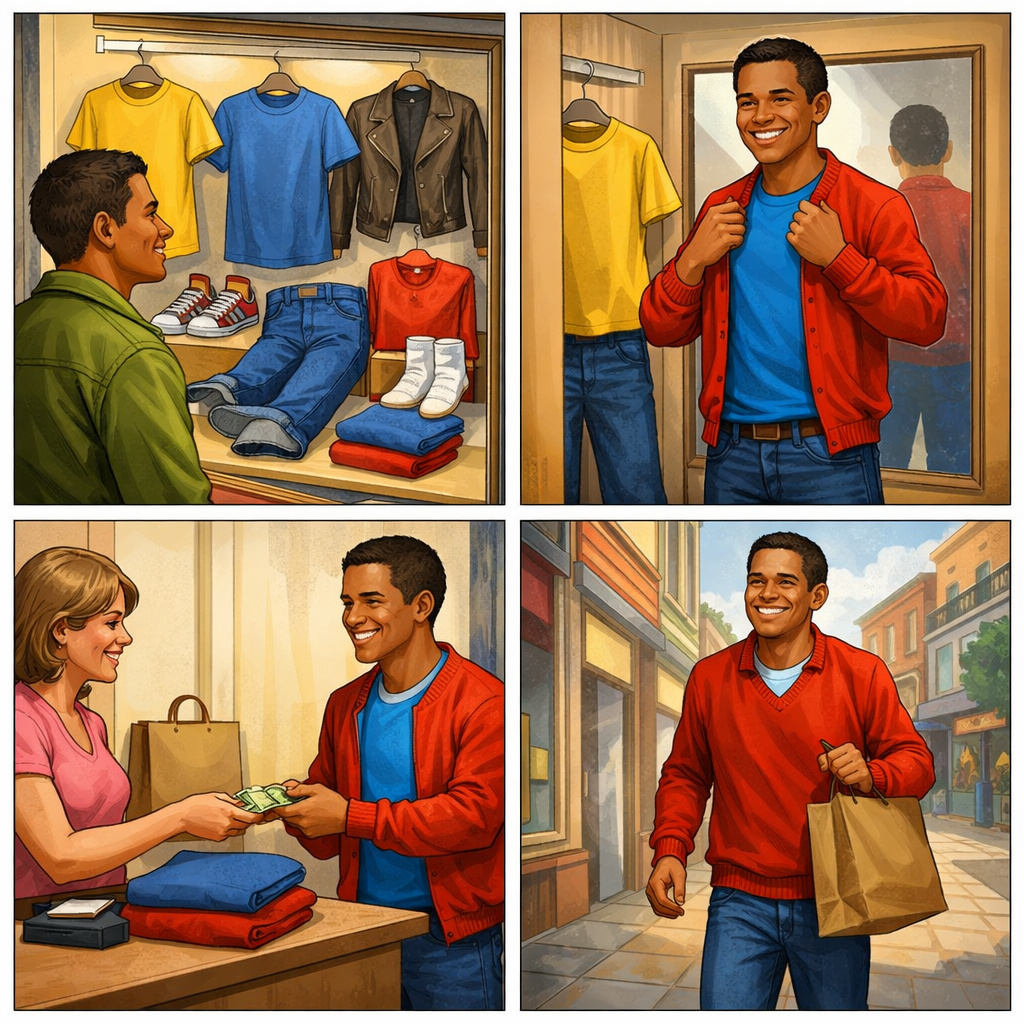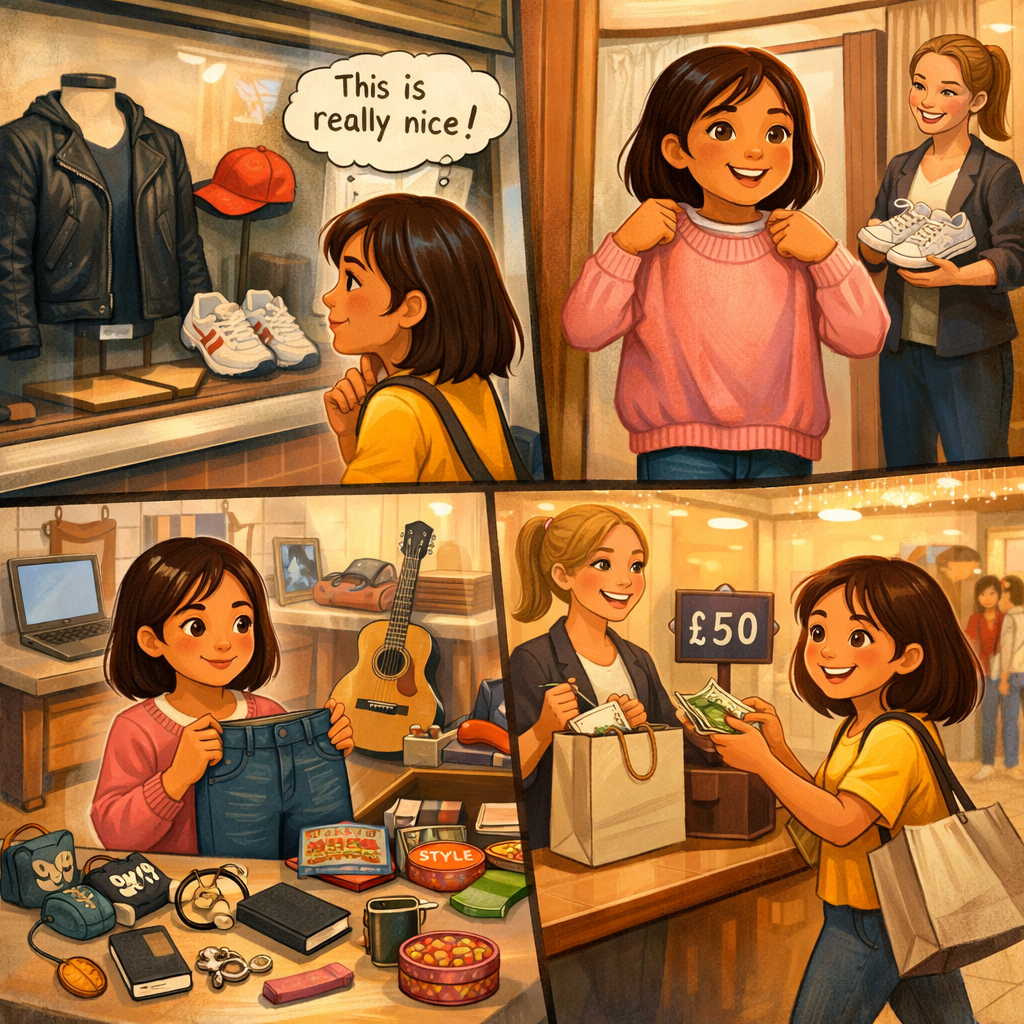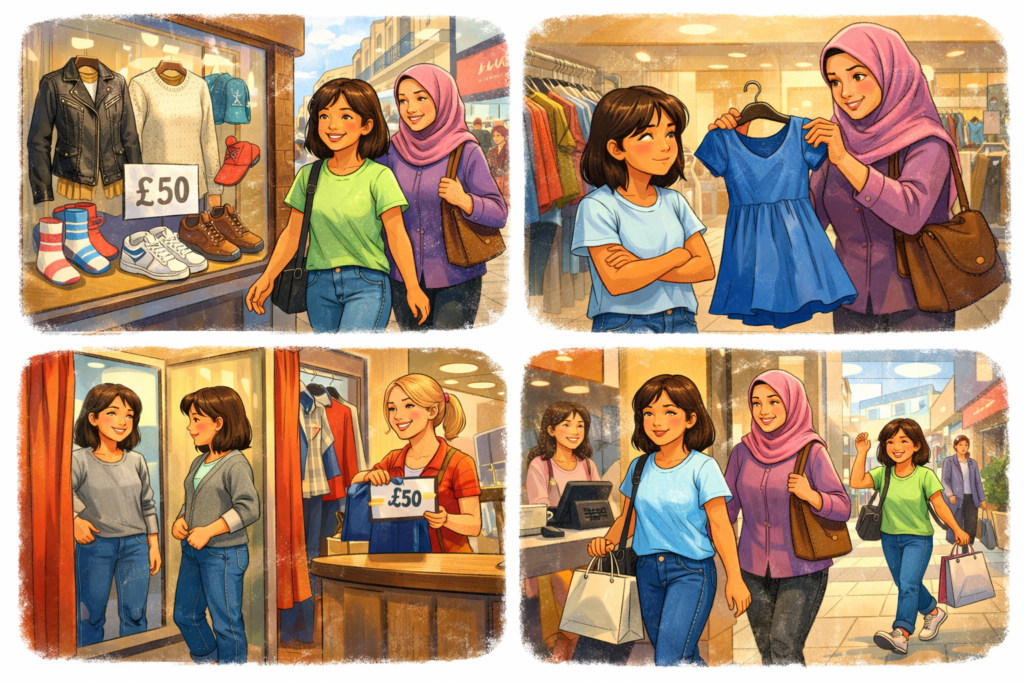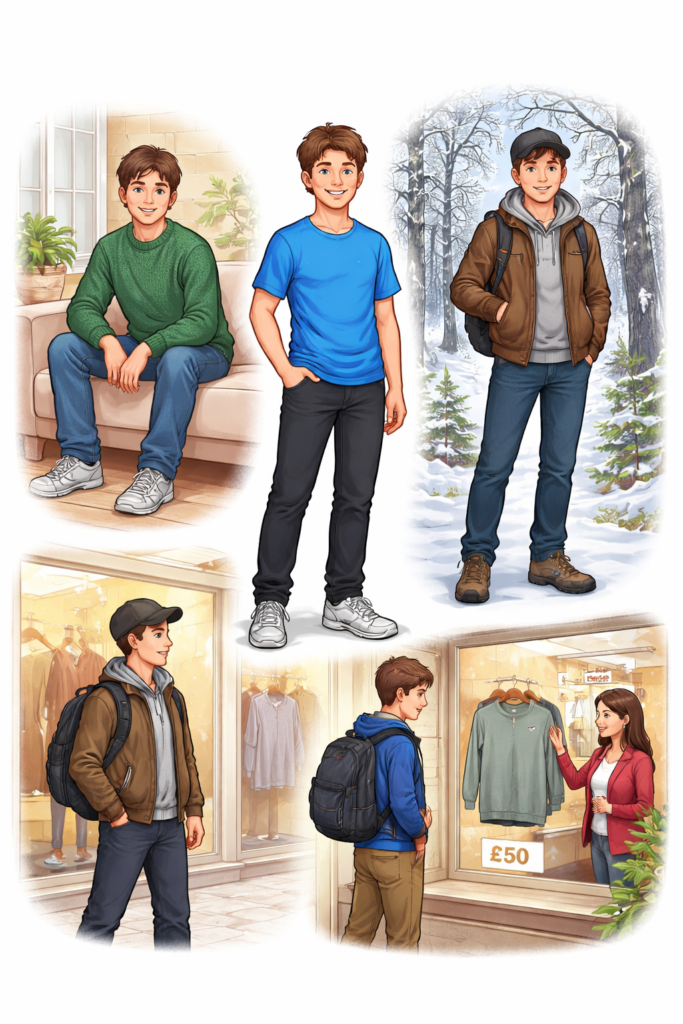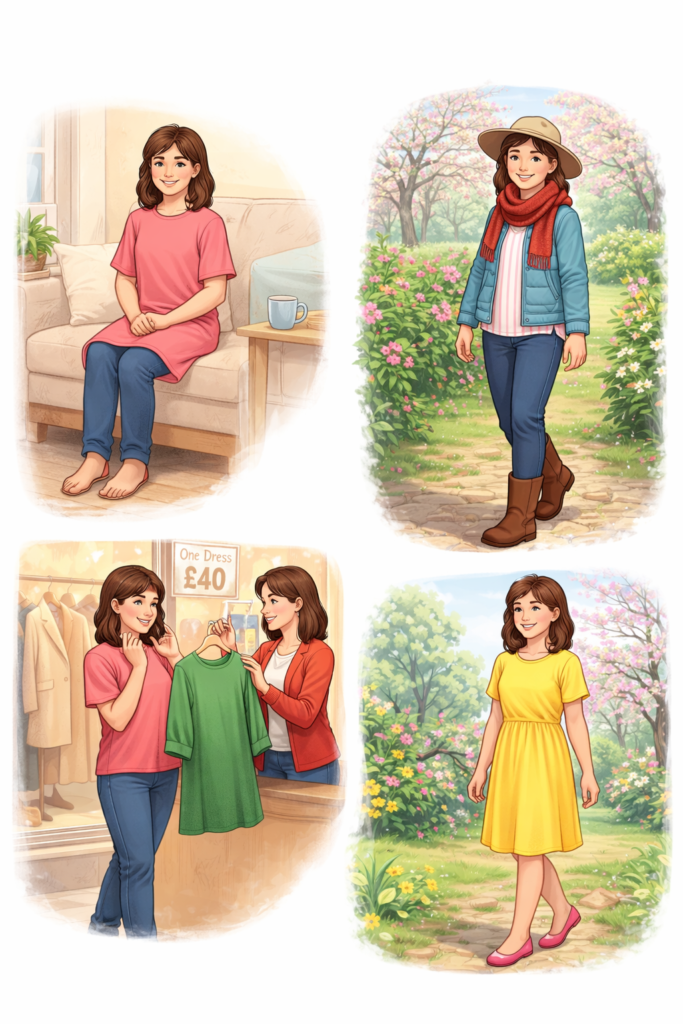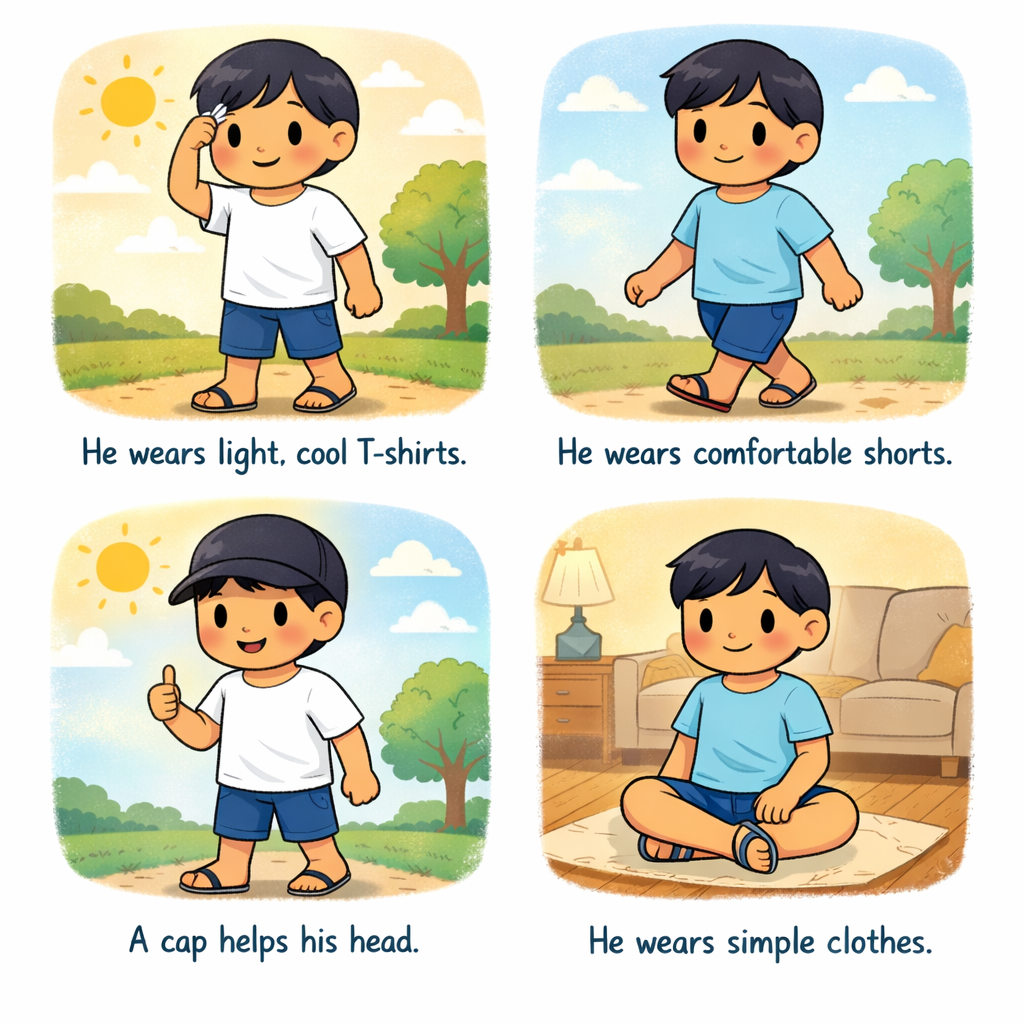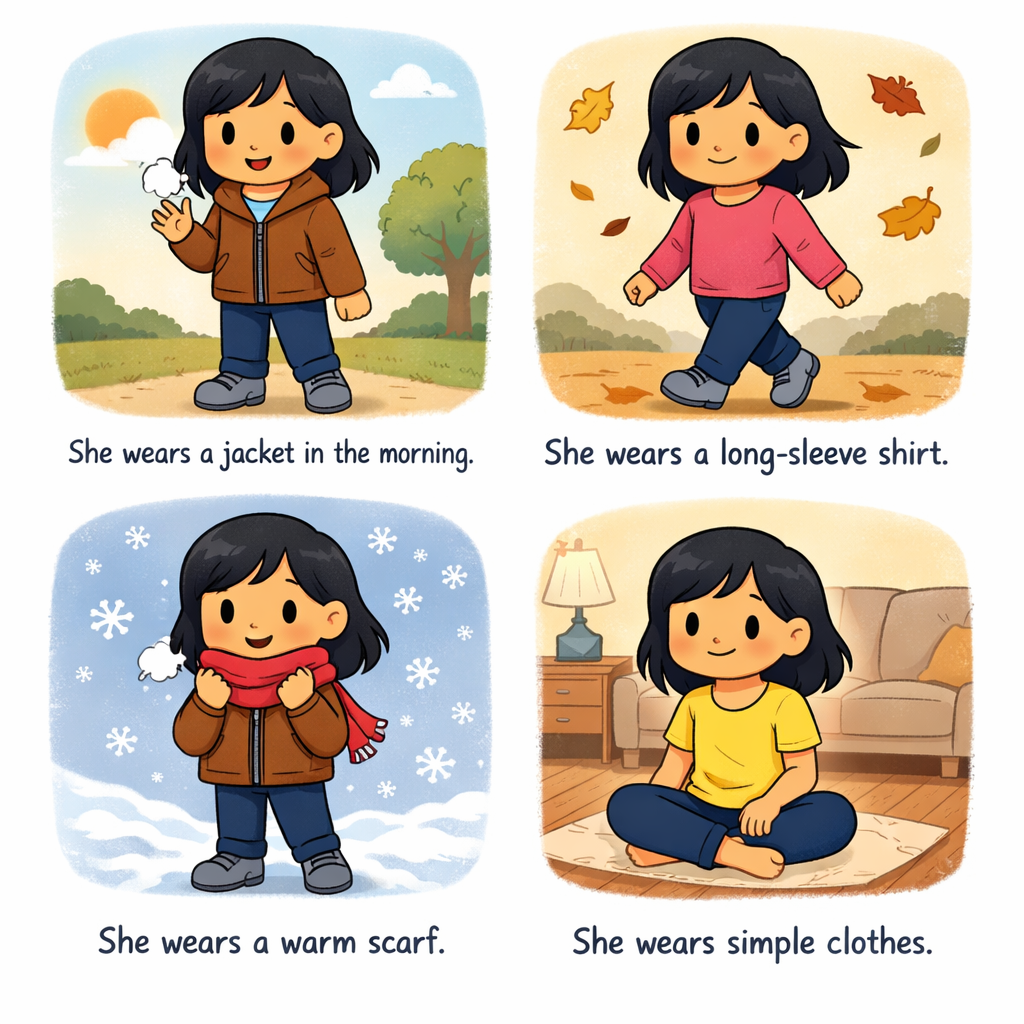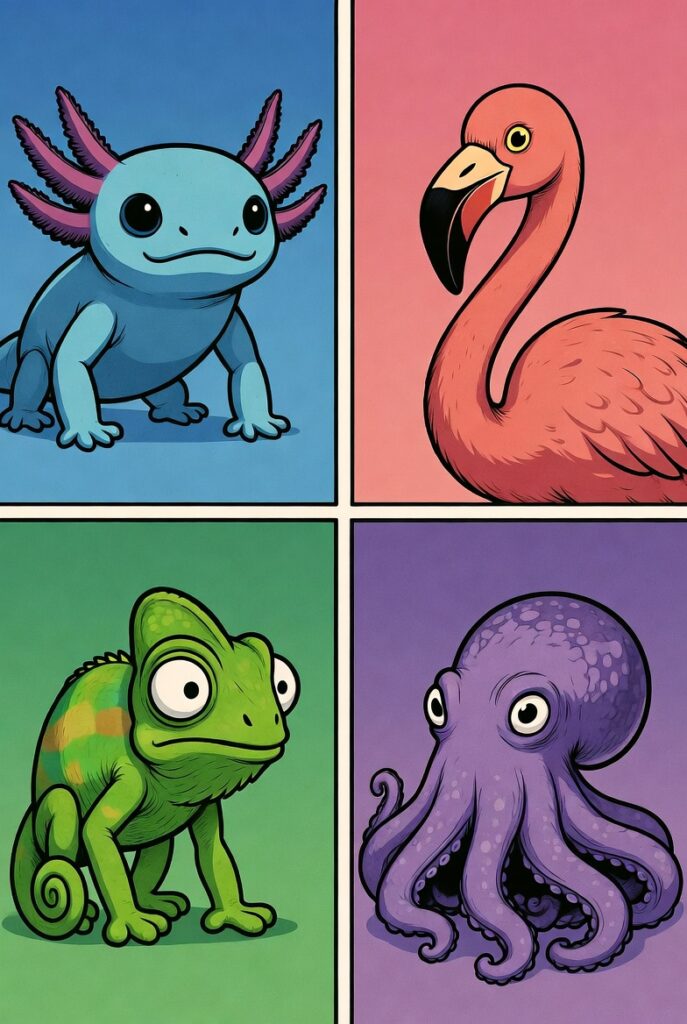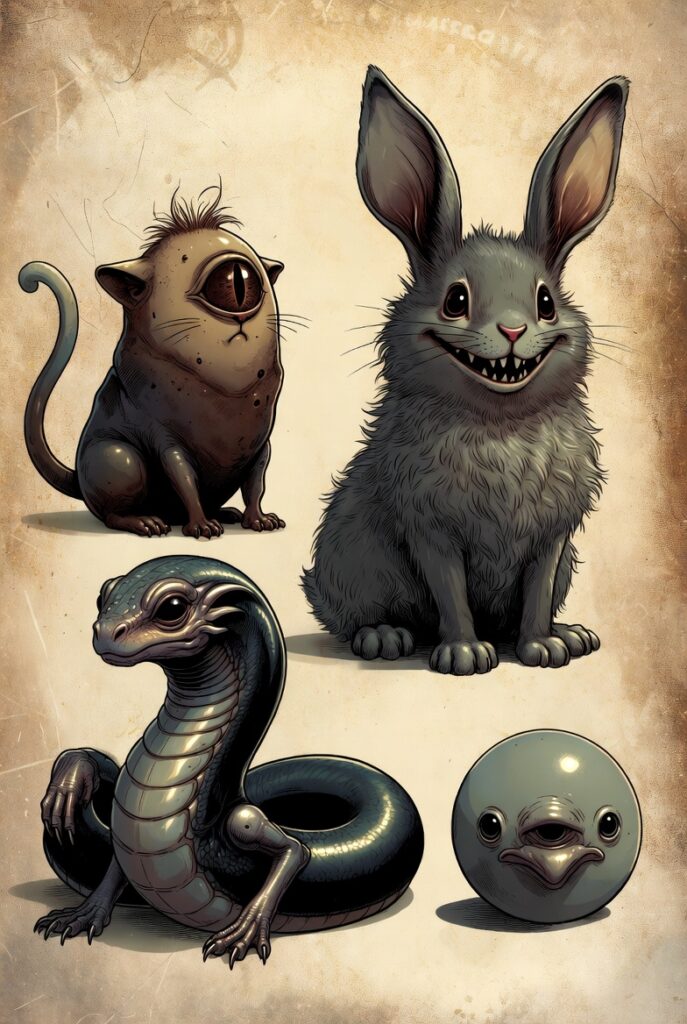| German | English | Definition (simple) |
|---|---|---|
| (110) | ||
| ein Notfall | an emergency | a dangerous or serious situation |
| ein Rettungsdienst | an emergency service | people who help in an emergency |
| Bergrettung | mountain rescue | help people in mountains |
| jemanden retten | to rescue somebody | help someone in danger |
| Bombenentschärfung | a bomb disposal | make a bomb safe |
| ein Krankenwagen | an ambulance | car for sick or hurt people |
| Küstenwache | coastguard | people who help at the sea |
| Feuerwehr | fire brigade | people who fight fire |
| ein Wortschlange | a word snake | a game with words |
| (111) | ||
| verbinden | to link | connect two things |
| abholen | to pick up | take something or someone |
| Schultasche | a school bag | bag for school things |
| eine Tür öffnen | to open a door | make a door open |
| jemanden anrufen | to phone somebody | call someone on the phone |
| jemanden einladen | to invite somebody | ask someone to come |
| müde sein | to be tired | not have energy |
| den Fernseher ausschalten | to switch off the TV | make the TV stop |
| langweilig sein | to be boring | not interesting |
| schwierig sein | to be difficult | not easy |
| Abendessen kochen | to cook dinner | make food in the evening |
| schreien | to shout | say something loudly |
| drücken | to push | move something with your hand |
| sich ändern | to change | become different |
| ausrutschen | to slip | fall because of water or ice |
| tragen | to carry | hold and move something |
| springen | to jump | move up in the air |
| ankommen | to arrive | get to a place |
| sich erinnern | to remember | not forget something |
| (112) | ||
| sammeln | to collect | get things together |
| aufgeregt sein | to be excited | feel very happy or nervous |
| einen Film schauen | to watch a film | look at a movie |
| ein Fenster öffnen | to open a window | make the window open |
| an die Tür klopfen | to knock at the door | hit the door with your hand |
| segeln | to sail | move a boat on water |
| jagen | to chase | run after someone or something |
| wütend sein | to be angry | feel very mad |
| (113) | ||
| plötzlich | suddenly | happens very fast |
| interviewen | to interview | ask questions to someone |
| (114) | ||
| nass sein | to be wet | have water on you |
| ein Jetpack | a jetpack | a flying machine you wear |
| (115) | ||
| Interesse wecken | to arouse interest | make someone want to know more |
| ermutigen | to encourage | help someone feel confident |
| jemanden vom Fahrrad schubsen | to push somebody off the bike | make someone fall from a bike |
| schrecklich sein | to be terrible | very bad |
| eine Prüfung bestehen | to pass a test | succeed in a test |
| abschließen | to complete | finish something |
| erstaunlich sein | to be amazing | very good or surprising |
| (116) | ||
| eine Notsituation | an emergency situation | a dangerous problem |
| windig sein | to be windy | have a lot of wind |
| brennen | to be on fire | have fire |
| etwas bemerken | to notice something | see or realize something |
| prüfen | to check | look carefully |
| ein Unfall | an accident | something bad that happens |
| buchstabieren | to spell | say the letters of a word |
| (117) | ||
| um Hilfe rufen | to shout for help | call someone to help you |
| Glück haben | to be lucky | good things happen to you |
| sich das Bein brechen | to break one’s leg | hurt your leg badly |
| ein Land | a country | a place with people and rules |
| ein Verbrechen | a crime | break the law |
| in Gefahr sein | to be in danger | something bad can happen |
| in die Berge fliegen | to fly up the mountains | go to mountains by air |
| (118) | ||
| jemanden funken | to radio somebody | talk to someone by radio |
| ein Felsen | a rock | big hard stone |
| ausrutschen | to slip | fall because of water or ice |
| ein Sturm | a storm | very bad weather with wind and rain |
| ankommen | to arrive | get to a place |
| sicher sein | to be safe | not in danger |
| träumen | to dream | see things in your mind while sleeping |
| hinfallen | to fall down | drop to the ground |
| auf einem Berg landen | to land on a mountain | get down on a mountain |
| Medizin | medicine | something to make you better |
| der Himmel | the sky | above the earth |
| dunkel sein | to be dark | not light |
| allein sein | to be alone | no people with you |
| ein Rucksack | a backpack | bag you carry on your back |
| jemanden jagen | to chase somebody | run after someone |
| Klassenvertreter | a class speaker | a student who speaks for class |
| Bürgermeister | a mayor | the leader of a town |
| abstimmen | to vote | choose by raising your hand or paper |
| ein Knopf | a button | small thing you press |
| eine Wolke | a cloud | white thing in the sky |
| sterben | to die | stop living |
| ein Wald | a forest | many trees together |
| eine Einführung | an introduction | first talk or text about something |
| Weltraum | space | area outside the earth |
| etwas bemerken | to notice something | see or realize something |
| einen Knopf drücken | to press a button | push a button |
| ein Bildschirm | a screen | where you see pictures or words |
| ein Abenteuer | an adventure | an exciting event |
| eine Figur | a character | a person in a story |
| Rate mal? | Guess what? | ask someone to guess |
| Erzähl mir mehr | Tell me more | ask someone to say more |
#####################
180 common irregular verbs
#####################
#####################
Past simple tense
We use the simple past to talk about actions that
=>>> finished in the past
e.g. with words like yesterday, last week, two years ago.
_____________________
1. Regular verbs
Regular verbs add “-ed” in the past tense.
Examples:
- play → played
- work → worked
- watch → watched
- clean → cleaned
- visit → visited
2. Irregular verbs (the complete list)
Irregular verbs change their form in the past tense. They do not add “-ed.”
Examples:
- go → went
- eat → ate
- have → had
- see → saw
- come → came
###################
Verbs in text:
| Infinitive (to…) | Past tense |
|---|---|
| to rescue | rescued |
| to link | linked |
| to pick up | picked up |
| to open | opened |
| to phone | phoned |
| to invite | invited |
| to be tired | was/were tired |
| to switch off | switched off |
| to shout | shouted |
| to push | pushed |
| to change | changed |
| to slip | slipped |
| to carry | carried |
| to jump | jumped |
| to arrive | arrived |
| to remember | remembered |
| to collect | collected |
| to be excited | was/were excited |
| to watch | watched |
| to knock | knocked |
| to sail | sailed |
| to chase | chased |
| to be angry | was/were angry |
| to interview | interviewed |
| to be wet | was/were wet |
| to arouse interest | aroused interest |
| to encourage | encouraged |
| to push somebody off | pushed somebody off |
| to be terrible | was/were terrible |
| to pass | passed |
| to complete | completed |
| to be amazing | was/were amazing |
| to notice | noticed |
| to check | checked |
| to spell | spelled/spelt |
| to shout for help | shouted for help |
| to be lucky | was/were lucky |
| to break | broke |
| to be in danger | was/were in danger |
| to fly | flew |
| to radio | radioed |
| to fall | fell |
| to dream | dreamed/dreamt |
| to land | landed |
| to press | pressed |
| to vote | voted |
#################
List of irrgular verbs, e.g. to fall – fell – fallen
#################
Fill in, correct past simple :
- He ___________________ (jump) into the swimming pool.
- She ___________________ (fall) down in the forest.
- He ___________________ (break) his leg in an accident.
- They ___________________ (fly) up the mountains.
- She ___________________ (dream) about an adventure.
- He ___________________ (be) alone in the forest.
- We ___________________ (be) lucky after the storm.
- She ___________________ (be) wet after the rain.
- They ___________________ (be) in danger on the mountain.
- He ___________________ (arrive) at the mountain rescue.
- She ___________________ (radio) the emergency service.
- He ___________________ (press) a button on the screen.
- They ___________________ (shout) for help in the forest.
- She ___________________ (notice) a rock on the ground.
- He ___________________ (land) on a mountain.
- We ___________________ (collect) information for the interview.
- She ___________________ (watch) a film in the evening.
- He ___________________ (carry) a backpack in the forest.
- They ___________________ (open) a window in the room.
- She ___________________ (knock) at the door.
- He ___________________ (invite) the mayor.
- We ___________________ (vote) for the class speaker.
- She ___________________ (check) the screen.
- He ___________________ (spell) the word.
- They ___________________ (shout) loudly.
- She ___________________ (slip) on a rock.
- He ___________________ (push) the button.
- We ___________________ (encourage) the class speaker.
- She ___________________ (complete) the introduction.
- He ___________________ (pass) the test.
_________________________
Correct answers:
- He jumped into the swimming pool.
- She fell down in the forest.
- He broke his leg in an accident.
- They flew up the mountains.
- She dreamed about an adventure.
- He was alone in the forest.
- We were lucky after the storm.
- She was wet after the rain.
- They were in danger on the mountain.
- He arrived at the mountain rescue.
- She radioed the emergency service.
- He pressed a button on the screen.
- They shouted for help in the forest.
- She noticed a rock on the ground.
- He landed on a mountain.
- We collected information for the interview.
- She watched a film in the evening.
- He carried a backpack in the forest.
- They opened a window in the room.
- She knocked at the door.
- He invited the mayor.
- We voted for the class speaker.
- She checked the screen.
- He spelled / spelt the word.
- They shouted loudly.
- She slipped on a rock.
- He pushed the button.
- We encouraged the class speaker.
- She completed the introduction.
- He passed the test.
#################
Find past tenses, write down infinitive (irregular verbs)
Word Snake 1:
jumpedfellbrokewasarrivedlanded
YOU WRITE:
to jump – jumped
_____-______
_____-______
_____-______
_____-______
_____-______
Word Snake 2:
flewdreamedwereswas
Word Snake 3:
noticedcheckedpressedradioedshouted
Word Snake 4:
pushedcarriedopenedknockedinvitedvoted
Word Snake 5:
slippedfellbrokedreamedflewlandedpassed
_______________________
Corect answers:
Word Snake 1
jumped
fell
broke
was
arrived
landed
Word Snake 2
flew
dreamed
were
was
Word Snake 3
noticed
checked
pressed
radioed
shouted
Word Snake 4
pushed
carried
opened
knocked
invited
voted
Word Snake 5
slipped
fell
broke
dreamed / dreamt
flew
landed
passed
#################
Order the sentence:
- the / he / into / jumped / swimming / pool
YOU WRITE:
He jumped into the swimming pool. - accident / leg / in / broke / her / she / the
- up / flew / they / mountains / the
- an / adventure / dreamed / about / he
- forest / alone / in / was / the / he
- help / shouted / forest / they / in / for / the
- backpack / carried / he / the / a / in / forest
- at / knocked / door / the / she
- on / pressed / screen / button / a / he / the
- in / watched / she / the / evening / film / a
- invited / he / mayor / the
- voted / class / speaker / we / the / for
- checked / screen / she / the
- noticed / rock / she / a / on / the / ground
- landed / mountain / on / he / a
- collected / we / information / for / interview / the
- slipped / she / on / rock / a
- carried / he / medicine / the
- shouted / they / loudly
- completed / introduction / she / the
________________________
Correct answers:
- He jumped into the swimming pool.
- She broke her leg in the accident.
- They flew up the mountains.
- He dreamed / dreamt about an adventure.
- He was alone in the forest.
- They shouted for help in the forest.
- He carried a backpack in the forest.
- She knocked at the door.
- He pressed a button on the screen.
- She watched a film in the evening.
- He invited the mayor.
- We voted for the class speaker.
- She checked the screen.
- She noticed a rock on the ground.
- He landed on a mountain.
- We collected information for the interview.
- She slipped on a rock.
- He carried the medicine.
- They shouted loudly.
- She completed the introduction.
#################

Fill in the correct verb in past tense, verbs below:
carry – dream – fly – check –
arrive – be – slip –
remember –
break
Emergency in the Mountains
Yesterday, Tom __________ up the mountains with a jetpack. Suddenly, he __________ on a rock and __________ his leg. He shouted for help. A mountain rescue team __________quickly. They __________Tom to the helicopter. The emergency service __________ his leg and gave him medicine. Tom was wet and tired, but he __________safe. He __________to thank the rescue team. Tom __________ about his next adventure.
————————————-
Correct version:
Yesterday, Tom flew up the mountains with a jetpack. Suddenly, he slipped on a rock and broke his leg. He shouted for help. A mountain rescue team arrived quickly. They carried Tom to the helicopter. The emergency service checked his leg and gave him medicine. Tom was wet and tired, but he was safe. He remembered to thank the rescue team. Tom dreamed about his next adventure.
#################

Fill in the correct verb in past tense, verbs below:
be – dream – call – help –
notice – remember
Fire in the Forest
Yesterday, Max was in the forest. Suddenly, a tree was on fire. He __________ the smoke and __________ the fire brigade. The fire brigade arrived quickly. They checked the forest and put out the fire. Max __________ them carry water bottles. He __________ tired but happy. Later, he watched a film about fire safety and __________ the emergency. Max __________ about becoming a firefighter one day.
————————————-
Correct version:
Yesterday, Max was in the forest. Suddenly, a tree was on fire. He noticed the smoke and called the fire brigade. The fire brigade arrived quickly. They checked the forest and put out the fire. Max helped them carry water bottles. He was tired but happy. Later, he watched a film about fire safety and remembered the emergency. Max dreamed about becoming a firefighter one day.
#################
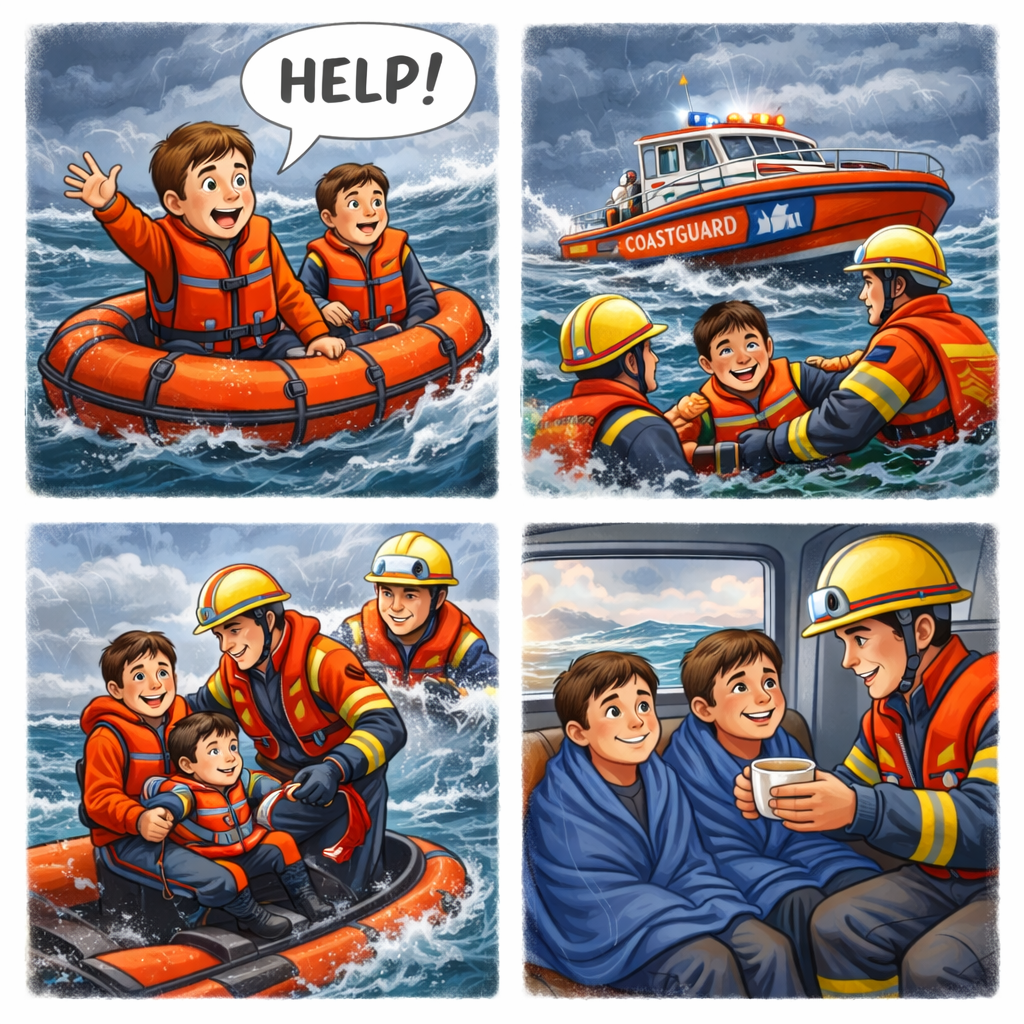
Fill in the correct verb in past tense, verbs below:
check – be – dream – arrive –
fall – help – shout –
give
————————————-
Correct version:
Yesterday, Leo was sailing near the coast. Suddenly, the wind was strong, and he fell into the water. He shouted for help. A coastguard arrived with a rescue boat. They helped Leo and carried him safely on board. Leo was wet and tired. The coastguard checked that he was okay and gave him medicine. Later, Leo remembered the adventure and dreamed about flying with a jetpack again.
#################
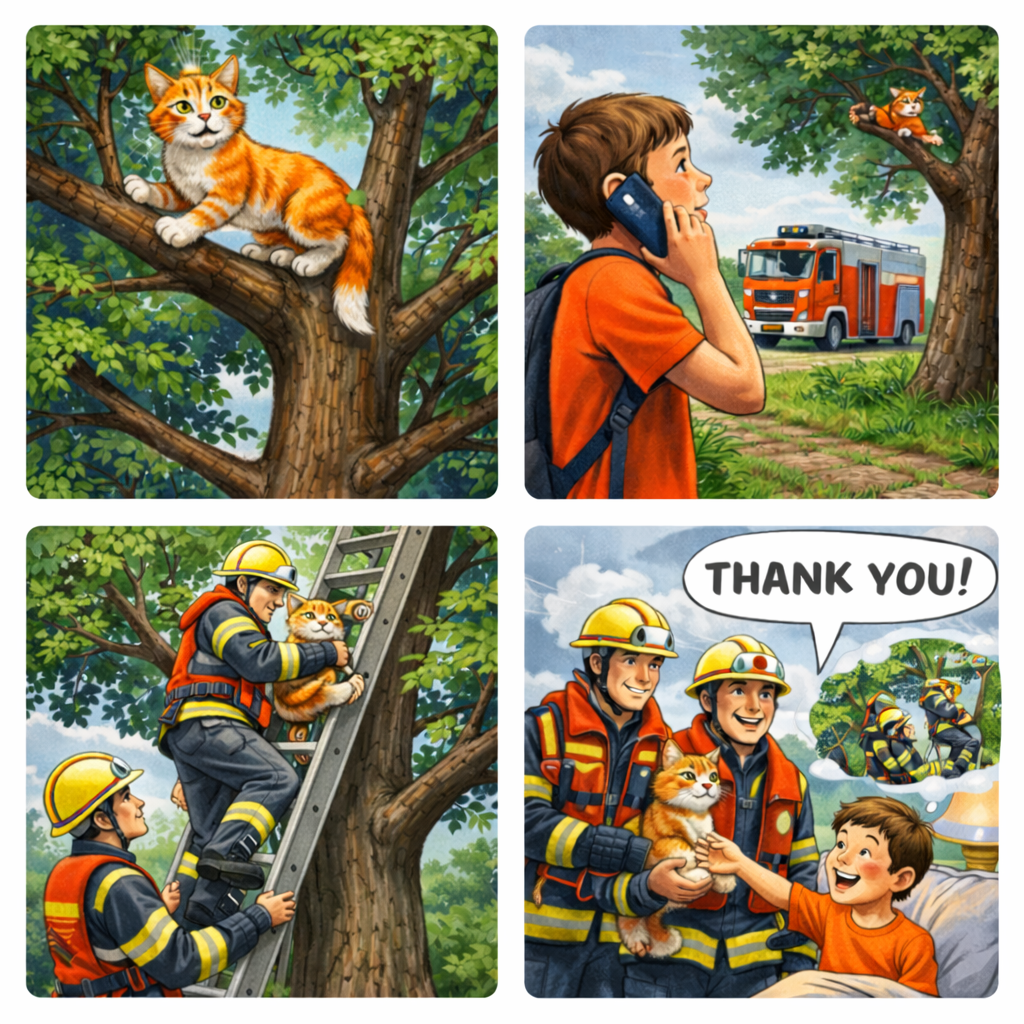
Fill in the correct verb in past tense, verbs below:
notice – be – climb – remember –
shout – carry –
call – dream
Cat Rescue
Yesterday, a cat was stuck on a tree. It was high and in danger. A child __________ the cat and __________the fire brigade. The firefighters arrived quickly. They __________ the tree and __________ the cat safely down. The cat was wet but safe. The child __________ happy and __________ “thank you!” Later, the child __________ the rescue and __________ about helping animals again.
————————————
Correct version:
Yesterday, a cat was stuck on a tree. It was high and in danger. A child noticed the cat and called the fire brigade. The firefighters arrived quickly. They climbed the tree and carried the cat safely down. The cat was wet but safe. The child was happy and shouted “thank you!” Later, the child remembered the rescue and dreamed about helping animals again.
################
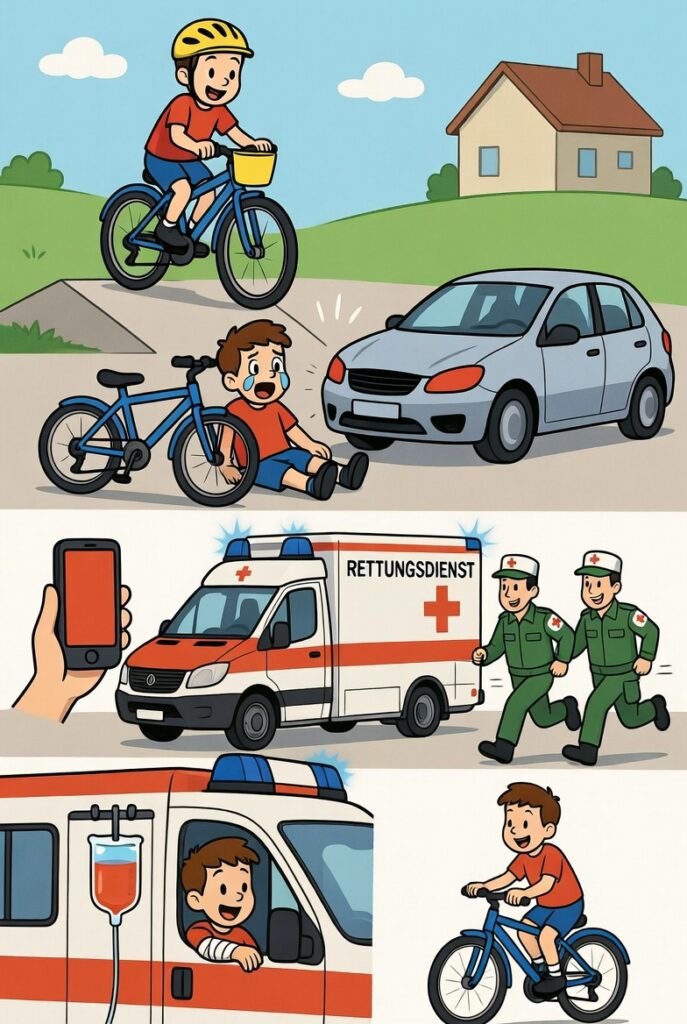
Fill in the correct verb in past tense, verbs below:
help – cry – smile – ride –
give – push – promise –
arrive
Biker Emergency
Tom lives in Austria.
He jumped on his bike and __________ to school. Suddenly, a car __________ him off the bike. He __________ loudly. People called the emergency service. An ambulance __________ fast. The paramedics __________ Tom and lifted him into the ambulance. They __________ him medicine. Tom looked at the sky and felt safe. Later, he __________and __________ to be careful on his bike.
———————————–
Corrrect version:
Tom lives in Austria.
He jumped on his bike and rode to school. Suddenly, a car pushed him off the bike. He cried loudly. People called the emergency service. An ambulance arrived fast. The paramedics helped Tom and lifted him into the ambulance. They gave him medicine. Tom looked at the sky and felt safe. Later, he smiled and promised to be careful on his bike.
##################
True or false:
- Tom jumped on his bike and rode to school.
- A car pushed him off the bike.
- Tom jumped into a river.
- He cried loudly.
- People carried Tom on a stretcher to the mountains.
- The ambulance arrived fast.
- He fell asleep in the forest.
- People called the emergency service.
- The paramedics helped Tom and lifted him into the ambulance.
- He looked at the sky and felt safe.
- An ambulance arrived slowly.
- Tom smiled and promised to be careful on his bike.
- They gave him medicine.
- Tom lives in Germany.
______________________
Answers:T, T, F, T, F, T, F, T, T, T, F, T, T, F
______________________
Correct version:
- Tom jumped on his bike and rode to school.
- A car pushed him off the bike.
- Tom jumped into a river. True is: Tom was pushed off his bike by a car.
- He cried loudly.
- People carried Tom on a stretcher to the mountains. True is: People called the emergency service.
- The ambulance arrived fast.
- He fell asleep in the forest. True is: He looked at the sky and felt safe.
- People called the emergency service.
- The paramedics helped Tom and lifted him into the ambulance.
- He looked at the sky and felt safe.
- An ambulance arrived slowly. True is: The ambulance arrived fast.
- Tom smiled and promised to be careful on his bike.
- They gave him medicine.
- Tom lives in Germany. True is: Tom lives in Austria.
################
Help!
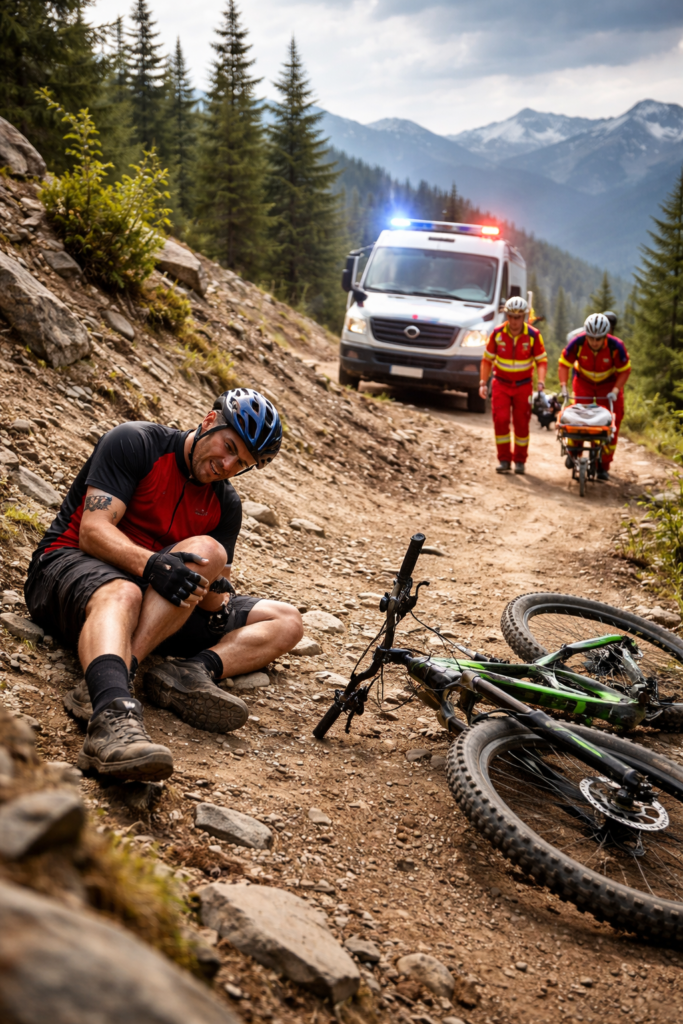
Fill in, in past simple:
A man (sit) __________on a rock on the mountain.
He __________ (fall) on the ground.
His bike __________ (break).
The man __________ (shout) for help.
Two paramedics __________ (arrive).
They __________ (carry) a bag and medicine.
The man __________ (notice) the ambulance.
The lights __________ (be) on.
The man __________ (look) at his bike.
The paramedics __________ (help) the man.
They __________ (rescue) him.
The man __________ (be) lucky.
_______________________
Correct version:
A man sat on a rock on the mountain.
He fell on the ground.
His bike broke.
The man shouted for help.
Two paramedics arrived.
They carried a bag and medicine.
The man noticed the ambulance.
The lights were on.
The man looked at his bike.
The paramedics helped the man.
They rescued him.
The man was lucky.
###############
LISTEN –
IF NECESSARY
TWICE OR THREE TIMES –
AND COMPLETE
if necessary use the

button!
part 1:
Yesterday Anna and Tom __________ up the mountains in a small plane.
Suddenly the plane had a __________.
They were in __________.
Anna __________ for help.
Tom called the __________ service.
The mountain rescue __________ quickly.
The pilot landed on a mountain near a big__________.
Anna slipped and __________ her leg.
——————————
part 2:
Tom __________ her.
The __________ arrived.
The paramedics __________ Anna.
They __________ her medicine.
Anna was __________ but safe.
—————————-
part 3:
Everyone was lucky.
Later Anna __________ the adventure and smiled.
The rescue __________ was amazing.
Tom __________ thank you.
It was a terrible __________, but in the end all were safe.
——————————————
Correct version:
Yesterday Anna and Tom flew up the mountains in a small plane. Suddenly the plane had a problem. They were in danger.Anna shouted for help. Tom called the rescue service. The mountain rescue arrived quickly.The pilot landed on a mountain near a big rock. Anna slipped and broke her leg.
Tom carried her.The ambulance arrived. The paramedics helped Anna. They gave her medicine. Anna was tired but safe.
Everyone was lucky. Later Anna remembered the adventure and smiled. The rescue team was amazing. Tom said thank you.It was a terrible situation, but in the end all were safe.
###################
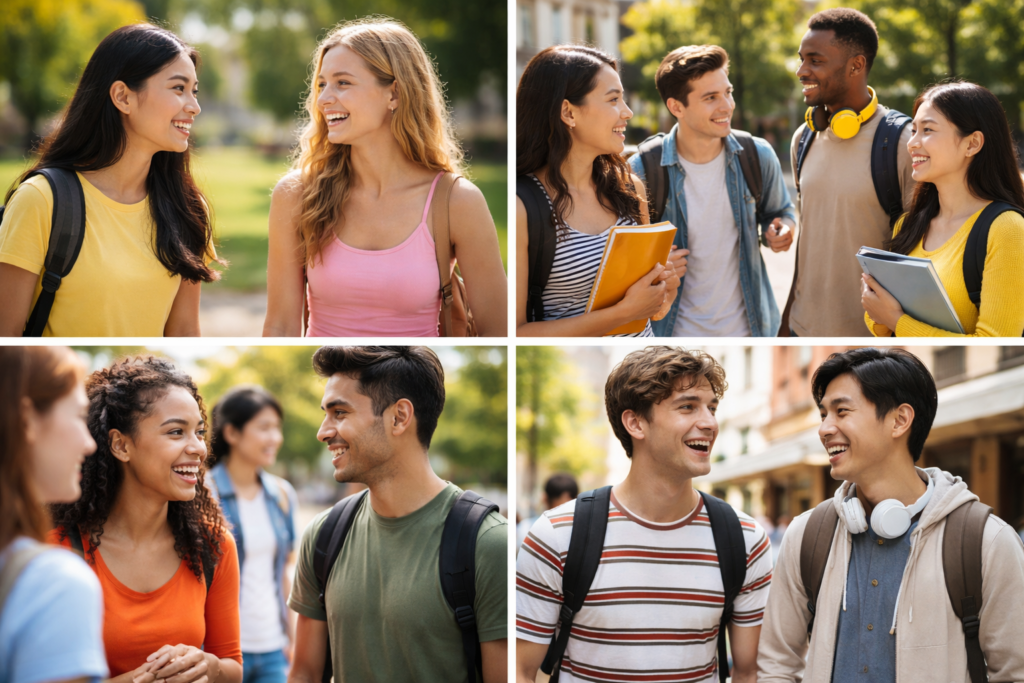
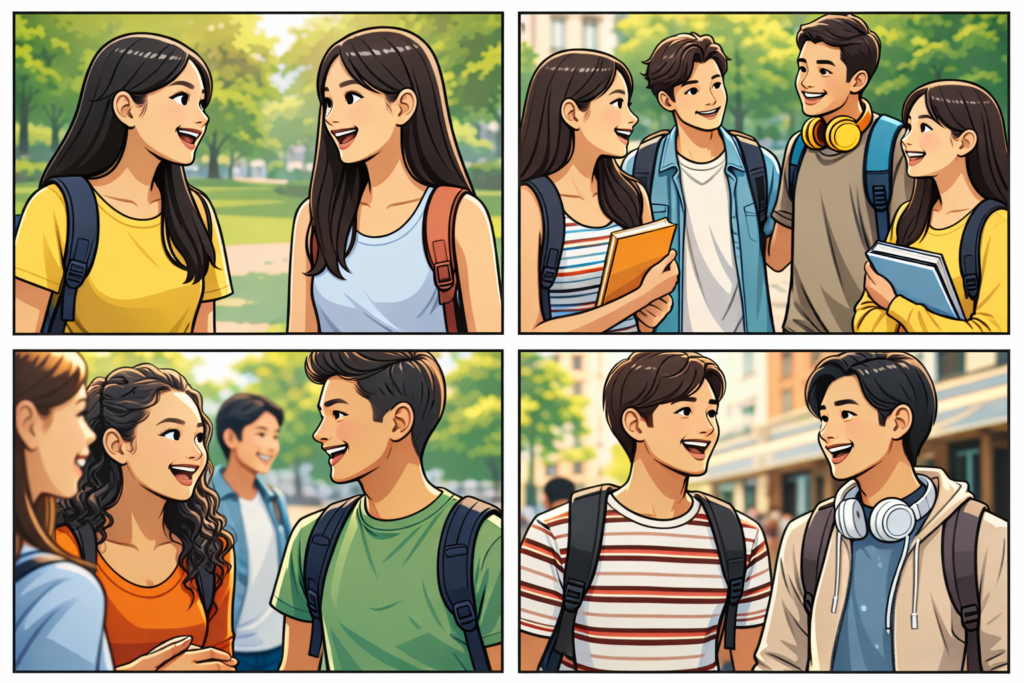
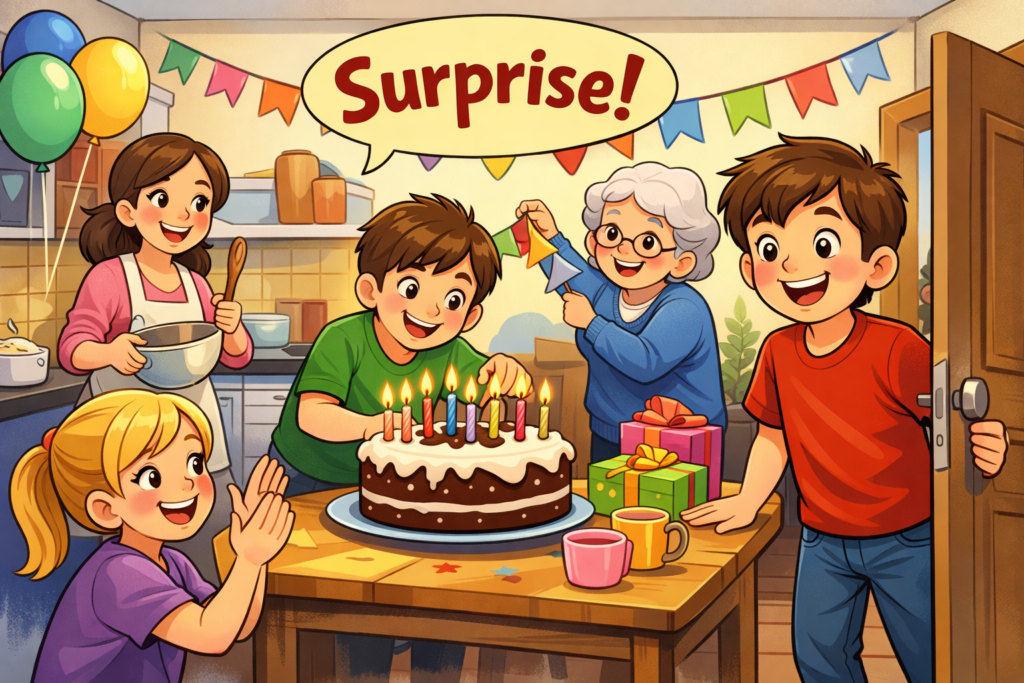
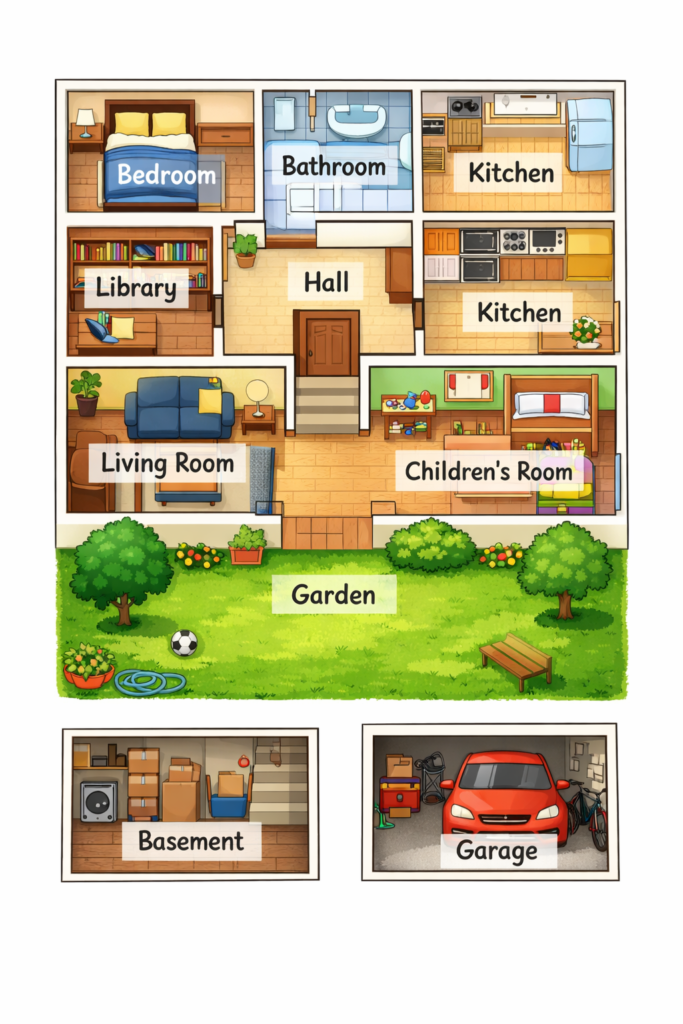
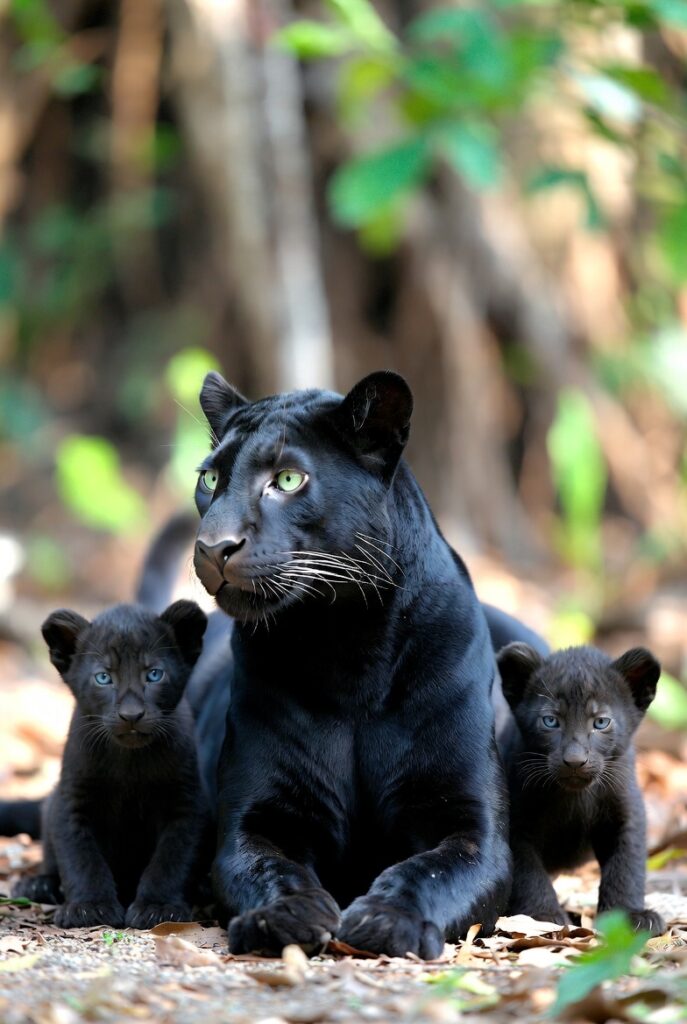
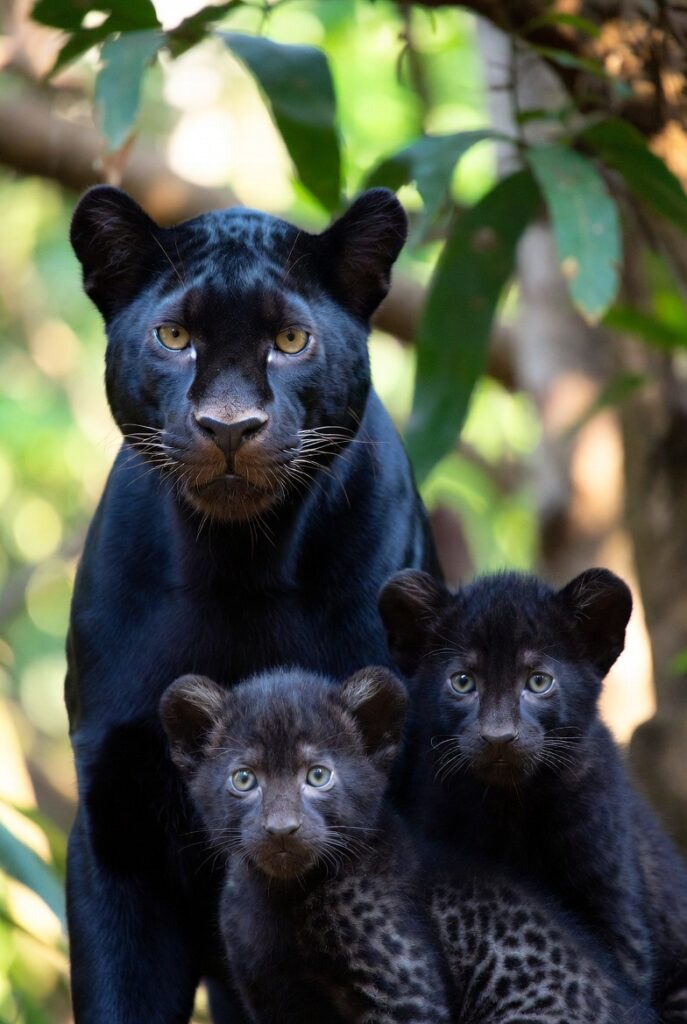
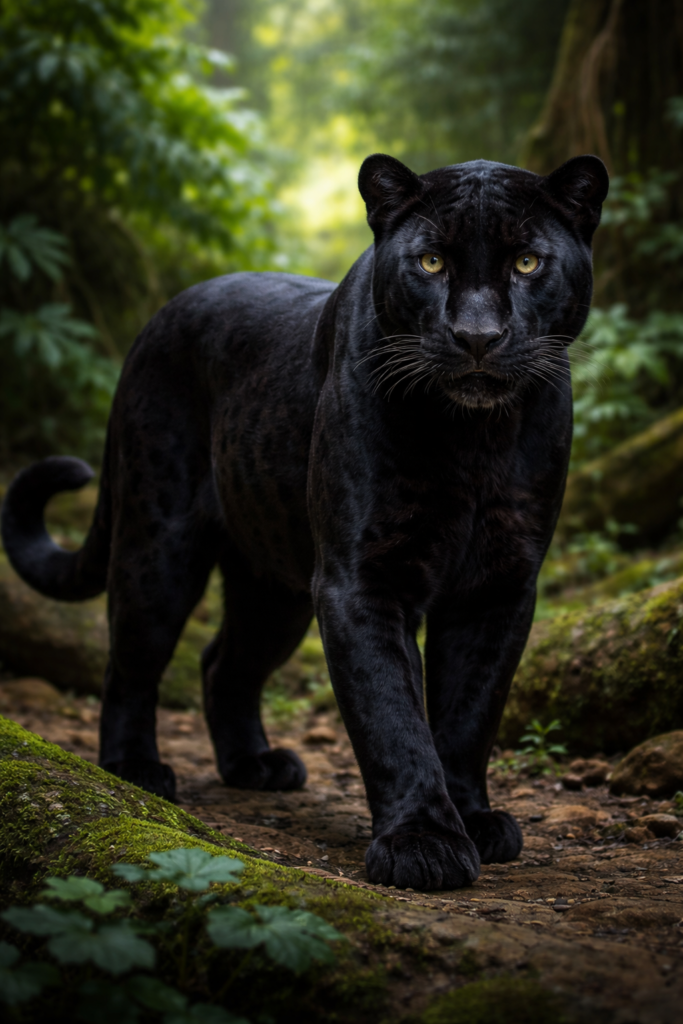
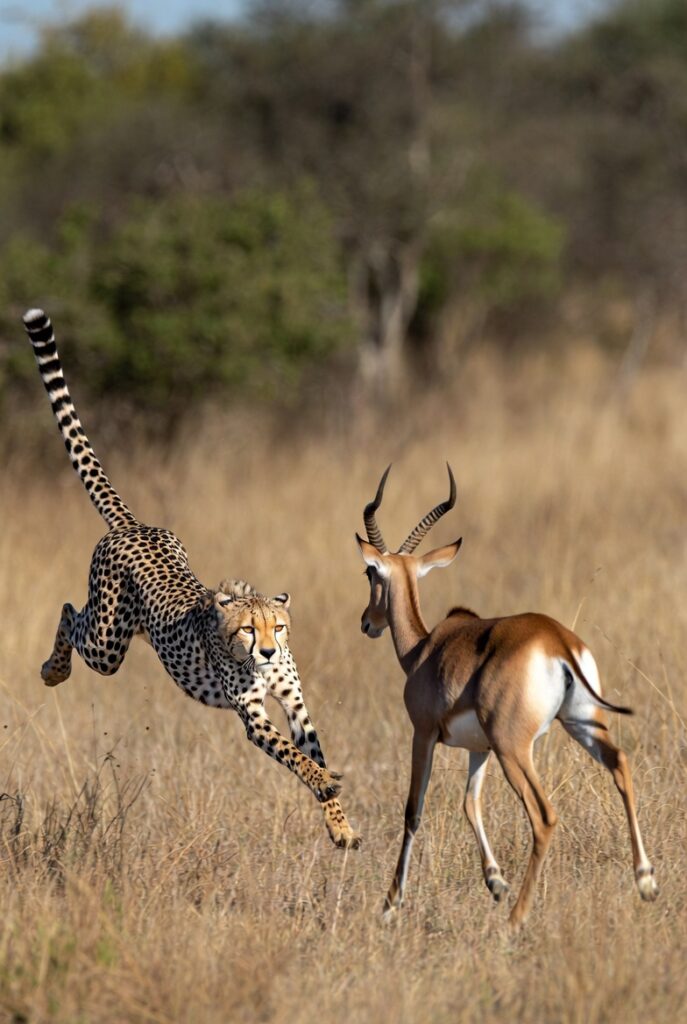
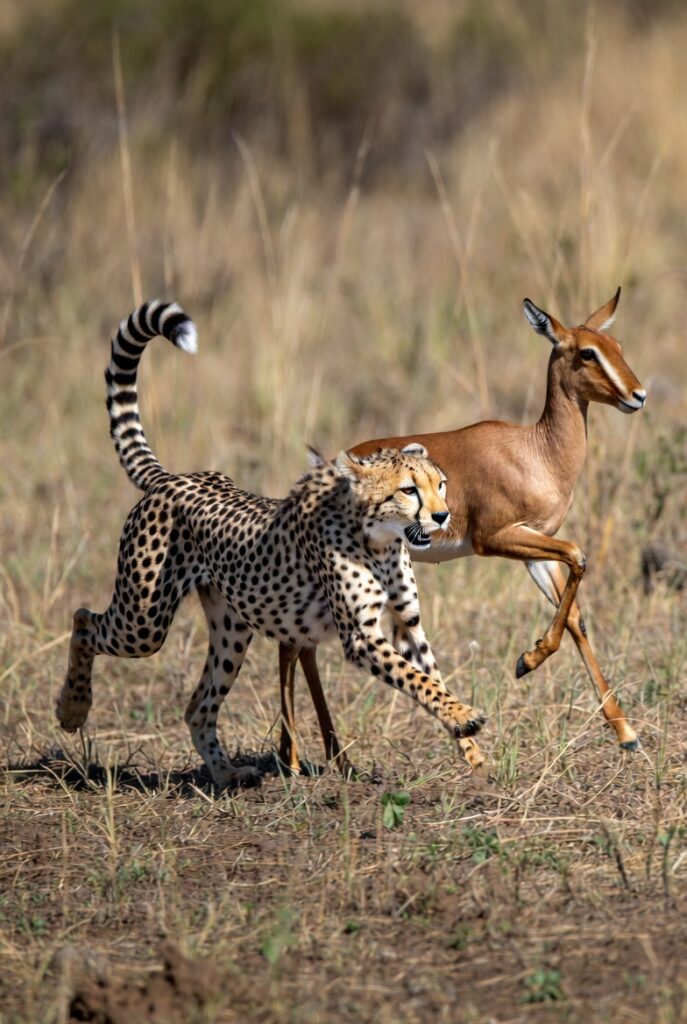
 Good luck!
Good luck!